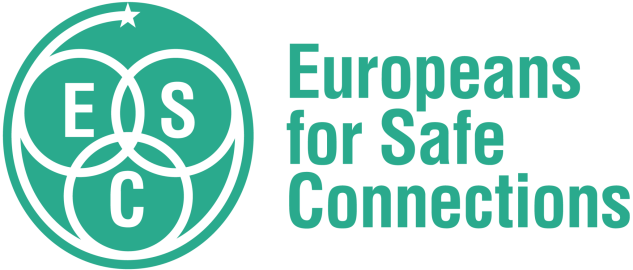
Stichting EHS (NL) appeals against auction of 3.5 GHz frequency
In its appeal, Stichting EHS invokes, among other things, the UN Convention on Disability. In contacts with the umbrella organisation Ieder(in), the Human Rights Board and the Ministry of Health, Welfare and Sport, the Stichting EHS has received confirmation that people with EHS are covered by the UN Convention on Disability. This means they are entitled to an accessible and inclusive society just like everyone else. The ever-increasing roll-out of networks and digitalisation is making society less and less accessible for them. This constitutes a huge infringement of their freedoms and a serious deterioration of their position and health situation. Citizens should also be able to choose whether or not to be exposed to 5G networks. This is also stated by the European Economic and Social Committee on the social and environmental impact of 5G.
3.5 GHz rollout is irresponsible
The rollout is irresponsible on both health and ethical grounds. The Ministry of EZK’s mantra that all wireless technologies are safe completely ignores all the criticisms and signals that are already out there and poses a serious risk to public health. In doing so, EZK also ignores the Health Council’s call to apply precaution and puts other interests above those of public health. The government thus fails to fulfil its obligation to protect the health of its citizens. In doing so, it ignores a group of vulnerable citizens who have been asking for their problems to be heard in vain for years.
Radiation exposure guidelines used by government do not protect health
Stichting EHS shows in its appeal that there is a relationship between health complaints and radiation from wireless communication, and specifically the new 5G frequencies. There are many scientific studies showing harmful effects, even far below the so-called ICNIRP guidelines used by the government. It is irresponsible – given the many criticisms of these ICNIRP guidelines – to stick to them because they do not sufficiently protect public health.
A major criticism is that the ICNIRP guidelines only take into account warming effects that occur in the short term and not the harmful long-term biological and cumulative effects. The health effects of the 3.5 GHz frequency have not even been studied at all.
This criticism is also echoed from the Dutch Health Council. Professor Kromhout, chairman of the Health Council’s former EMF committee, thinks EZK’s explanation that introducing 5G is safe is far too short-sighted.
Additional health risk for vulnerable people, such as those with EHS
Furthermore, the guidelines do not take into account vulnerable groups such as children, the elderly and the chronically ill with lower tolerance, such as people with EHS. This is also stated by former ICNIRP member Professor James C. Lin, in 2023.
That 5G poses a serious health risk is also borne out in practice. A number of recent case studies from Sweden show that people suffered serious health complaints after introducing 5G. Experimenting with it therefore cannot be justified.
Appeal
Read the full notice of appeal here
Read the press release here
Want to help?
Your support is badly needed to cover the costs of this appeal case. Would you like to contribute to this to maximise the chances of success? Join us as a donor, or transfer a contribution to bank account NL83 INGB 0003478207 of Stichting EHS.




